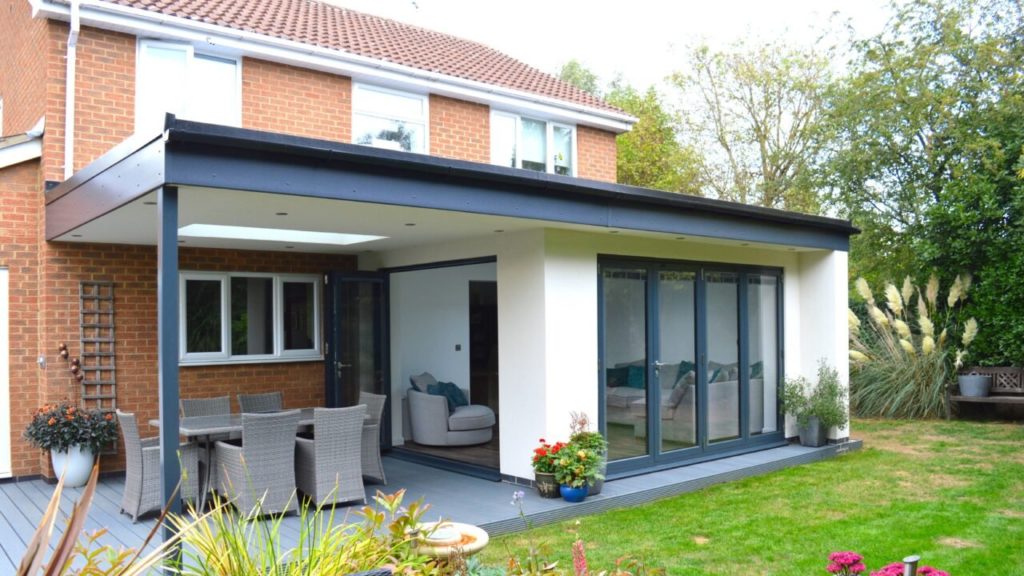
Is it Cheaper to Move or Extend Houses in the UK?
The decision to either move or extend a house in the UK is a significant one, often influenced by financial considerations, lifestyle preferences, and the practicality of each option. Both choices come with their own set of advantages and disadvantages. Making it crucial for homeowners to weigh them carefully before making a decision. Among the key factors that come into play, cost undoubtedly ranks high on the list. So, is it cheaper to move or extend houses in the UK? Let’s delve into the intricacies to help you make an informed choice.
Cost of Moving:
Moving to a new home is an exciting prospect, but it can also be financially demanding. The cost of moving is not limited to the purchase price of the new property; it involves various expenses that should be taken into account:
- Estate Agent Fees: When selling your current property, you’ll need to pay estate agent fees, which are typically a percentage of the property’s sale price.
- Stamp Duty Land Tax: If the property you’re purchasing exceeds a certain threshold, you’ll be required to pay Stamp Duty. This tax can significantly increase the cost of moving, especially for higher-priced properties.
- Legal Fees: Conveyancing fees cover the legal work involved in buying and selling properties. These fees can vary, but they’re an essential part of the moving process.
- Removal Costs: The expense of hiring a removal company to transport your belongings to the new property should also be considered.
- Miscellaneous Costs: Additional costs might include mortgage arrangement fees, surveyor fees, and other administrative expenses.
Cost of Extending:
Extending your current property is an alternative that can provide more space and potentially increase its value. However, like moving, extending a house also comes with financial implications:
- Construction Costs: The primary expense of extending is the construction itself, including materials, labor, and any necessary permits or planning application fees.
- Architect and Design Fees: To create a feasible and aesthetically pleasing extension, you’ll likely need to hire an architect. Their fees contribute to the overall cost.
- Planning Permission: Depending on the nature of the extension, you might need to obtain planning permission, which can involve additional costs and delays.
- Structural Engineer Fees: For more complex extensions, the expertise of a structural engineer might be necessary, adding another expense.
- Disruption Costs: During the construction phase, you might need to temporarily move out or adjust your living arrangements, which can lead to additional expenses.
Comparing the Costs:
The cost comparison between moving and extending houses varies greatly based on individual circumstances, location, and the scope of the project. In some cases, moving might seem more financially viable, especially if you’re upgrading to a larger or more desirable property. On the other hand, if you’re attached to your current location, have sentimental value invested in your home, or anticipate substantial property market costs, extending could make more sense.
Other Considerations:
When deciding whether to move or extend, it’s important to factor in non-monetary considerations as well:
- Emotional Attachment: Your emotional connection to your current home and neighborhood can heavily influence your decision.
- Market Conditions: The state of the property market can affect the ease of selling your current property or finding a suitable new one.
- Lifestyle: Consider how each option aligns with your lifestyle and long-term goals.
- Timing: Extending a property can take time, whereas moving might provide a quicker solution to your space needs.
In Conclusion:
Ultimately, the decision to move or extend a house in the UK depends on a variety of factors. With cost being just one aspect of the equation. It’s advisable to consult with financial advisors, architects, and real estate professionals to fully understand the financial and logistical implications of each choice. By carefully evaluating your circumstances and priorities, you can make the best decision that suits your needs and financial situation.






